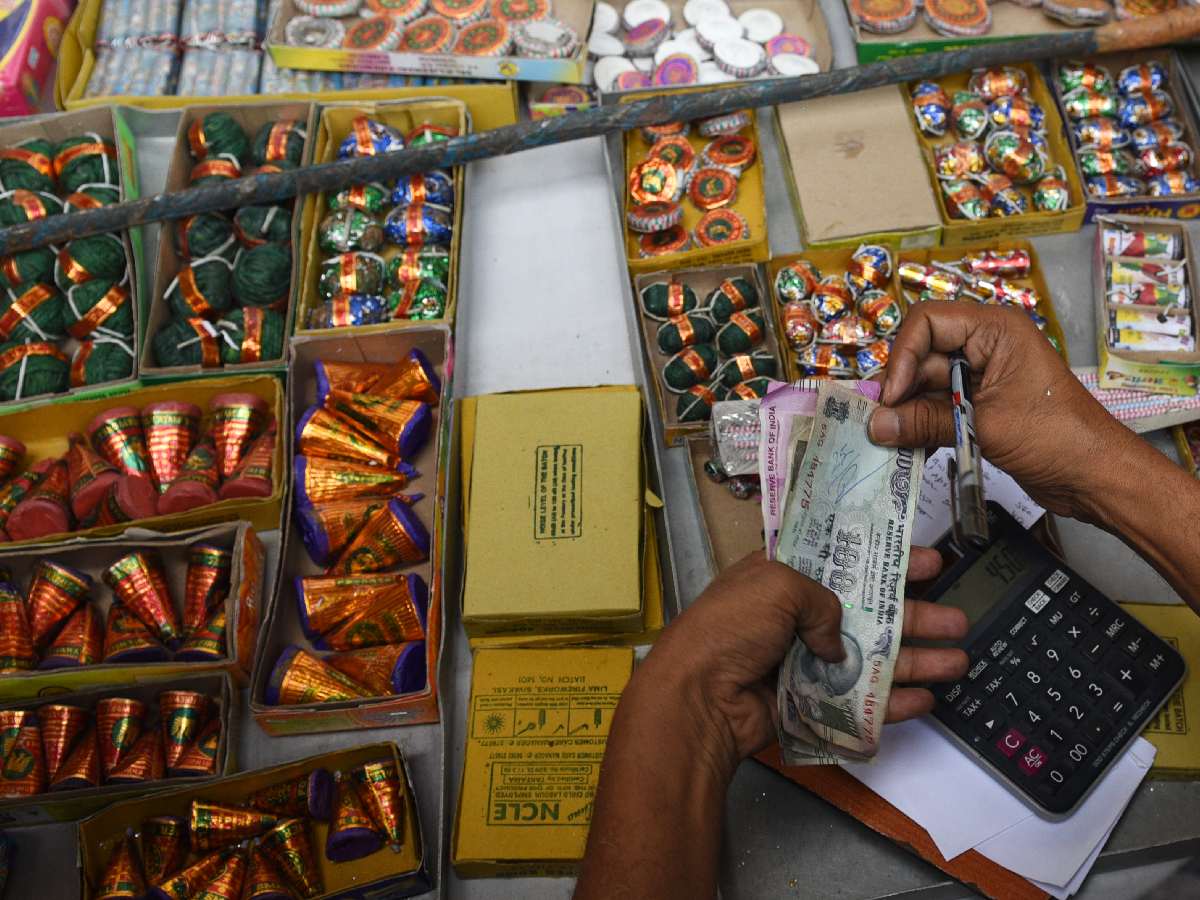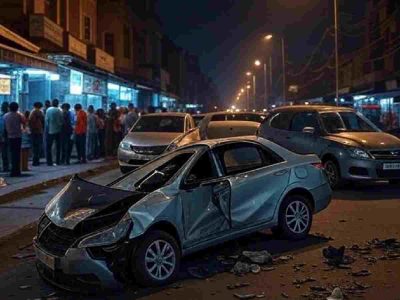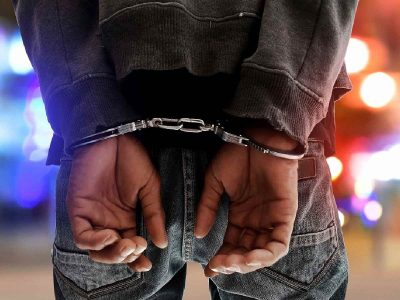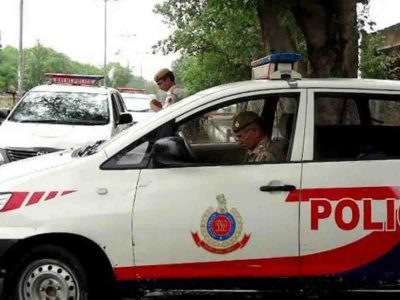In the narrow streets of Paharganj, Central Delhi, two young boys sit dejected on the pavement, staring at a shuttered shop. They had been told this was the only place in the city where they could buy firecrackers. However, they arrived too late. Unbeknownst to them, the shop operates briefly from 5:00 AM to 8:00 AM, catering to those willing to take the risk of buying in a city where the sale of firecrackers is prohibited.
The shop, hidden behind a large billboard advertising political leaders, has become a discreet hub for firecrackers. Before the ban, this stretch of Paharganj had two other shops selling them. Now, those shopkeepers have moved on, selling festive decorations instead. Yet, this shop continues to draw customers. Despite intensified police efforts to curb the trade, sellers are finding ways to operate.
In October alone, police seized 1,323 kg of firecrackers from two godowns in Baprola village in Outer North Delhi. In September, 65 kg were confiscated from a godown in Nihal Vihar, West Delhi, where one person was arrested.
The challenge for authorities, however, comes from legal firecracker sales in neighbouring states. “We’ve never had a Diwali without firecrackers,” said a Paharganj resident who wished to remain anonymous. “If we can’t buy them here, we go to Ghaziabad or Noida. It’s easier, and we avoid the risk of being caught.”
He added, “There are routine checks at the borders, but families usually pass without much trouble.”
Vijay Agarwal, a trader in the market, recalls when Paharganj shops were the go-to spots for those unable to find firecrackers in Sadar Bazaar. “The ban hasn’t stopped people from buying. They just go to Uttar Pradesh or Haryana. On Diwali day, it’s easier to use them, especially after bringing them from outside Delhi.”
Children near New Delhi Railway Station are also part of this underground firecracker economy. A group of them, eagerly waiting to light sutli bombs, revealed that one child’s father had bought the crackers from Ghaziabad—just a few train stops away.
According to a senior police officer, while raids and seizures have reduced the sale of firecrackers in Delhi, tracking procurement from neighbouring states remains a challenge. “If residents don’t care about air quality, there’s little we can do. We’ve conducted multiple raids and confiscated large amounts of contraband. However, people who want to buy firecrackers will find a way. It’s hard to say how many will use them until Diwali night.”
The officer also noted that last year’s efforts led to a significant reduction in local sales. In 2023, over 3,500 kg of firecrackers were seized in North Delhi alone.
Another senior officer from North East Delhi pointed out that proximity to UP’s Loni border has rendered the crackdown ineffective. “People simply drive across the border, buy firecrackers, and bring them back. It’s impossible to check every car, especially if it belongs to a local resident.”
The ban, implemented by the Delhi Pollution Control Committee (DPCC), comes in response to rising pollution levels. On October 13, Delhi’s air quality index (AQI) slipped from ‘moderate’ to ‘poor’, registering an AQI of 228, according to the Central Pollution Control Board.
Also Read: Working without safety gear, manual scavengers stake their lives to earn a living in Delhi
The DPCC’s order prohibits the manufacturing, storage, sale (including online deliveries), and use of firecrackers within Delhi. Delhi Police have been instructed to ensure strict compliance and submit daily reports.
Delhi Environment Minister Gopal Rai urged public cooperation via social media, stating, “Given the rising pollution during winter, a ban has been imposed on firecrackers until January 1, 2025. We request the support of all Delhiites.”
As of October 22, Delhi’s AQI stood at 233, making it the most polluted city in India. It was followed by Karnal, Rohtak, Sonipat, and Gurugram in Haryana, Noida in Uttar Pradesh, and Kalyan in Maharashtra, among others.





